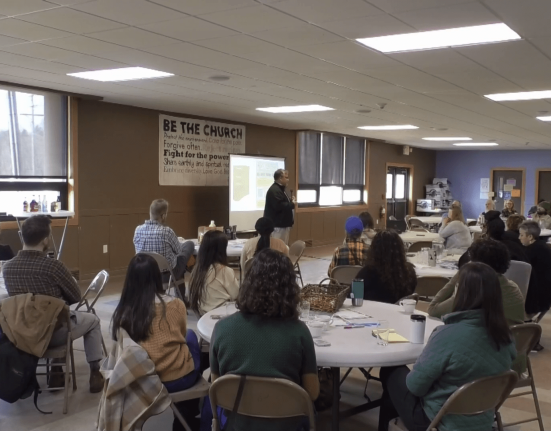What’s going on here?
Indonesia’s financial regulator, the OJK, is mulling over the reintroduction of COVID-era loan relief policies to boost banking system liquidity amidst rising investor withdrawals.
What does this mean?
President Joko Widodo’s proposal aims to shore up liquidity by allowing banks to avoid making provisions for bad loans, a measure that initially helped during the pandemic. The policy’s revival comes as a precautionary move to stabilize the financial sector, despite a significant decline in restructured loans and a lower non-performing loan (NPL) ratio of 2.33% in April, down from over 3% during the pandemic. However, industry insiders like Taswin Zakaria, the former president director of Maybank Indonesia, warn of potential moral hazards, noting that current liquidity appears sufficient with a 12.15% year-on-year credit growth in May.
Why should I care?
For markets: Balancing act in the banking sector.
Bankers have expressed concerns over the revival of the policy, citing the risk of moral hazard due to relaxed prudential rules. Despite a robust credit growth surpassing the central bank’s target range, the return of the policy could tempt banks to defer addressing bad loans, potentially jeopardizing long-term financial stability.
The bigger picture: Navigating financial turbulence.
As emerging markets face investor withdrawals, Indonesia’s move to reconsider loan relief policies underscores the delicate balancing act governments face in maintaining liquidity while avoiding financial pitfalls. The OJK’s final decision will reflect a thorough analysis of past impacts and current economic conditions, driving how the nation navigates these uncertain waters.







